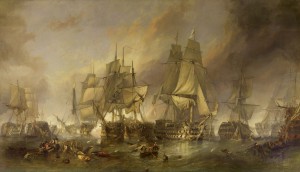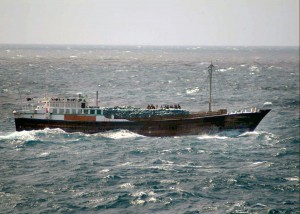By Brendan Flynn, National University of Ireland
Operation Atalanta (EU NAVFOR) has unquestionably grabbed the limelight as the EU’s most important contribution to combating piracy. However, that mission’s mandate ends in 2014, and while it may be extended it appears to be scaling down as the piracy epidemic off the coast of Somalia has much reduced. Does this mean the EU is no longer interested in anti-piracy? Not really, but perhaps the emphasis is shifting towards softer (and cheaper) maritime security initiatives.
This summer alone the EU’s Maritime Strategy has been published which includes anti-piracy as a key theme, although the document itself is a rather disappointing mish-mash of many concerns. Of more direct relevance has been the steady progress of a dedicated EU anti-piracy mission for the Gulf of Guinea the so-called CRIMGO initiative (Critical Maritime Routes Gulf of Guinea). This project is actually one of several “Crimson” initiatives which were pioneered since 2008 by the Commission Directorate for Development. These are tailored to specific trade routes, with ones for the Straits of Malacca, Indian Ocean, etc.
CRIMGO is very different to Operation Atalanta but rather closer to the EUCAP NESTOR mission. For one thing there is no question of any permanent naval patrols in West African waters by EU navies. Secondly, much of the action takes place on land. The core of CRIMGO is about training local maritime security and anti-piracy elites and developing capacities to tackle the problem locally. Note, there is no EU building up of the actual hard infrastructure to combat piracy, such as through transfers of vessels, aircraft, drones or others measures.




